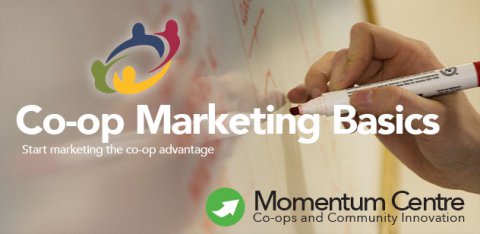Social Finance Connects: Canadians & Socially Responsible Investment
 Noon to 1pm Eastern Time
Noon to 1pm Eastern Time
This webinar will build on the most recent Canadian statistics from the 2012 Canadian Socially Responsible Investment (SRI) Review and emerging SRI opportunitites in Canada. We will explore how consumers can positively impact society by engaging in SRI.
Register now
About Brenda Plant
 Brenda is a Partner at Ellio sustainability consultants, specializing in sustainability and responsible investment. She is also involved in the development of an affordable rental housing investment fund (for accredited investors). Brenda has an MSc in International Management from HEC Montréal, a BA in Humanities and a BSW from McGill University.
Brenda is a Partner at Ellio sustainability consultants, specializing in sustainability and responsible investment. She is also involved in the development of an affordable rental housing investment fund (for accredited investors). Brenda has an MSc in International Management from HEC Montréal, a BA in Humanities and a BSW from McGill University.
Brenda is a member of the Québec Association of Professionals in Sustainable Development (AProDD) and a signatory to the UN Principles for Responsible Investment (PRI). She is well known in university circles (sits on the Advisory Committee for HEC Montréal’s Graduate Diploma in Management and Sustainability and lectured at Desautels Faculty of Management, McGill University), in professional circles (consultant, Vice Chairperson of the Board of Directors of Capital Équitable – a fund dedicated to the development of fair trade, etc.), and in community circles (member of the Board of Directors and Impact Investment Committee of the Béati Foundation, cofounder of Cataléthique – a network of professionals working to apply CSR and sustainability principles in their practices, past member of the Board of Directors of the Responsible Investment Association of Canada (formerly SIO) and formerly Co-chairperson of Ethical Investors Group).
Recognized by Les Affaires as one of 15 women who will make change happen in Quebec, Brenda Plant is committed to investing her life energy in bettering the world. Brenda founded a public education website focusing on responsible consumption – Ethiquette, the responsible consumer network – which operated from 2005 to 2011. She relaunched Ethiquette in September 2014, this time in conjunction with the business school of the University of Quebec in Montreal (UQAM) as a public education website on responsible investment.






